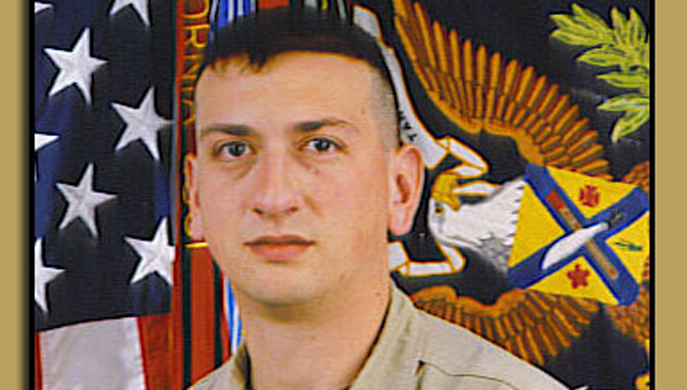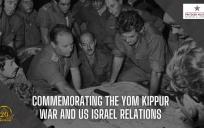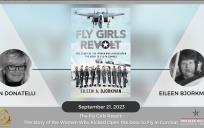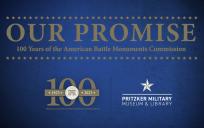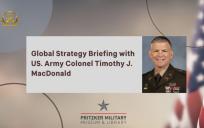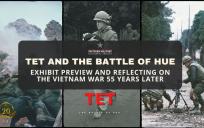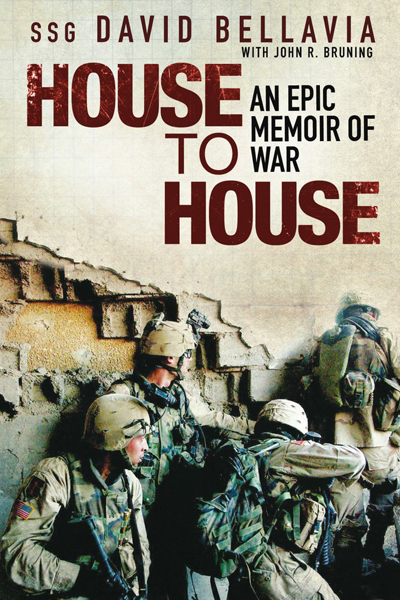
Record date:
David Bellavia: House to House: An Epic Memoir of War
His grandmother told a young David Bellavia to always fight fair, and never hit an opponent when he wasn't looking. In the Second Battle of Fallujah, however, an older Bellavia was forced to disregard his grandmother's teaching.
House to House is a love letter to life in the modern infantry. In lieu of showers, the "Ramrods" of the 2nd Battalion, 2nd Infantry Regiment use baby wipes on their armpits and privates for what they call "whore's baths". They wade through chest-high sewage, and that's just the trip to get to the truly unpleasant part of the mission. Even during downtime, the men of the infantry bristle with contempt for anyone who wears a clean uniform, and their minds wander under a long series of supposedly inspirational speeches from ranking officers who will not follow them into battle, only observe from a safe distance. In Bellavia's recounting, the infantry are the "warrior class" of American society, and they do what he calls "the nation's dirty work"; it's a bond from which they draw intense pride, as well as occasional brushes with insubordination.
But the central narrative of House to House is the Second Battle of Fallujah, a joint U.S.-Iraqi offensive in November 2004. Although infantry and officers alike had discussed the upcoming offensive in terms of Normandy and other famous battles of American military history, Fallujah was fought on dramatically different ground: a dense urban environment in which insurgents had months in advance to prepare booby-trapped houses, ambushes, and explosive zones capable of shattering entire city blocks. In Fallujah, Bellavia fought at close range - often hand to hand - through living rooms, stairwells, and rooftops. In House to House, he describes the visceral experience of combat. In remembering the loss of men he admired, he also shows how leaders earn the loyalty of the soldiers in their charge - and, as he takes command himself, Bellavia comes to understand the difference between being a soldier and being a squad leader.
Staff Sergeant David Bellavia spent six years in the Army. He has been awarded the Silver Star and the Bronze Star for his service in Iraq. His writing has been published in The Philadelphia Inquirer, National Review, and The Weekly Standard, for which he later covered the War in Iraq as a reporter. He wrote House to House with John R. Bruning.
